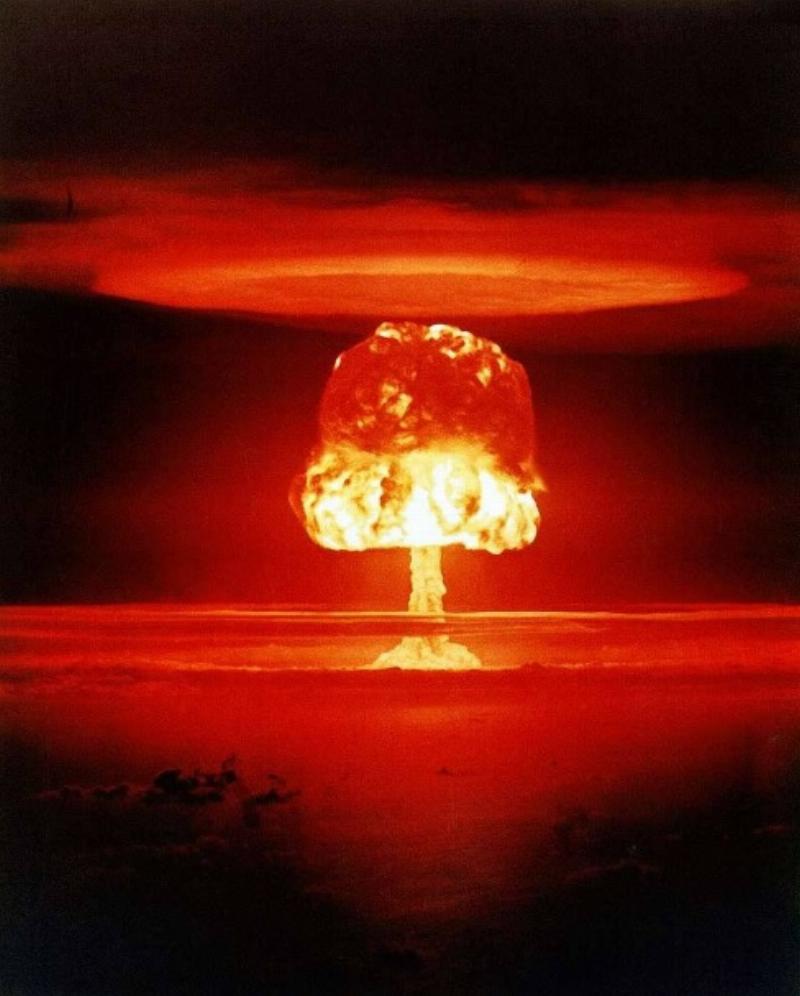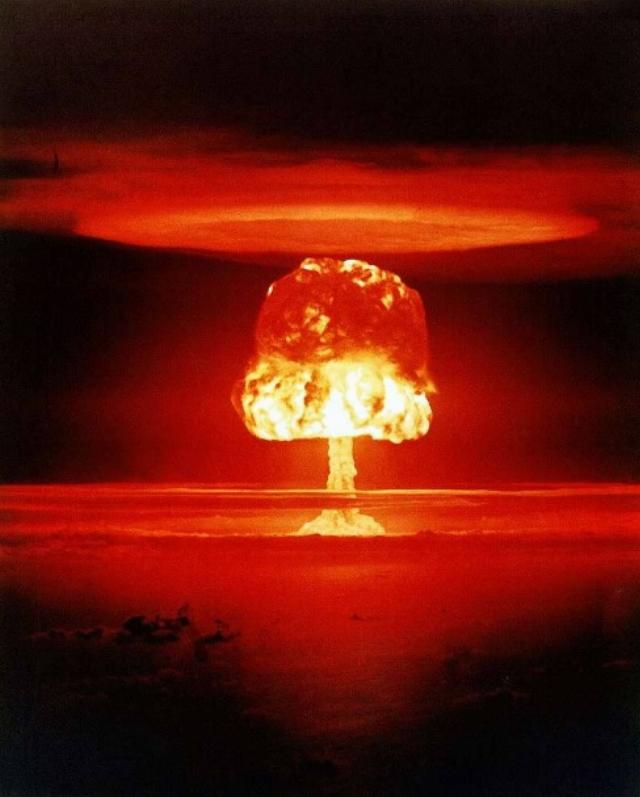


When Jack Posobiec posts things like this, I was very disheartened. The situation in Iran now is very different from that of Iraq in 2003. Many people, understandably, confuse the two, and this article will explain why they are not the same. However, the bottom line is Iran must never be allowed to acquire a nuclear weapon.
Saddam Hussein did have a nuclear weapons program in the 1980s. However, that program was almost completely dismantled by 2003. The only Weapons of Mass Destruction left were a few chemical weapons, not nuclear. Iraq had zero civilian nuclear reactors in 2003.
Contrast that today with Iran. Iran has one operational civilian nuclear reactor, Bushehr-1, is building a second, and plans for a third. Iran already has the capability to generate nuclear power, something Iraq did not have: Israel destroyed Iraq’s only nuclear reactor in 1981.
Further, unlike Iraq, Iran was about a week from having the fissile material for one nuclear bomb. This is not some false CIA report cited by Colin Powell: even left-wing analysts believe Iran was only one week away from a nuclear bomb if Israel had not attacked.
I cannot stress this enough: Iran is not Iraq. Iraq had no civilian nuclear reactors, and its 1980s nuclear weapons program had been completely dismantled by 2003. The situations are not the same: Iran truly is close to getting a nuclear weapon, unlike Iraq.
Alarmingly, commentator Matt Walsh, whom I usually like, said this:
“Iran does not pose any credible threat to the United States. We do not need to get involved in yet another war in the Middle East for reasons that have nothing to do with defending our own nation.”
This statement reflects immense ignorance on the topic of international relations, foreign policy, and strategy.
To start, the Suez Canal is absolutely key to U.S. shipping. With Gibraltar, it controls access to the Mediterranean Sea.
More devastatingly, it would trigger a nuclear arms race in the Middle East. Saudia Arabia, Egypt, and Turkey would immediately pursue nuclear weapons. A nuclear arms race in the Middle East is in nobody’s interest, most of all the United States, as a nuclear exchange there would break the “specter” of nuclear weapons and cause their use to become normalized.
A nuclear Iran would immediately attempt to assert itself, in furtherance to its goal of regional hegemony over Saudi Arabia, Egypt, and Turkey. It would immediately extend all its proxy wars, as the mullah’s position in Iran will become unassailable with nuclear deterrence against us. We could expect more terror attacks around the world, and thousands or millions dead, including Americans.
Iran also tried to assassinate President Trump last year.
I would implore those who are holding a “peace at any price” card: Is the price of not fighting Iran, if we absolutely must, worth a nuclear arms race in the Middle East? A permanent Iranian regime that is hostile to us and can’t be overthrown without nuclear escalation? Do we honestly think those nukes will never be used against us, our allies, or our interests? Either directly, or as a deterrent against us promoting American First?
Inevitably, someone will bring up the Iraq and Afghanistan wars. This is not without justification. However, I was there, in both wars, on the ground as an Infantryman United States Army. In neither of those situations was there a serious threat of an Islamic extremist nation acquiring a nuclear weapon. What makes this conflict different from those two is the true, credible threat of a nation openly hostile to the U.S. gaining nuclear weapons.
A nuclear-armed Iran is in the interest of nobody except those who wish to destroy the United States. Russia and China would love to see Iran get a nuclear weapon and cause us problems. If we don’t stop them before they acquire one, we will not be able to stop what they do after.

